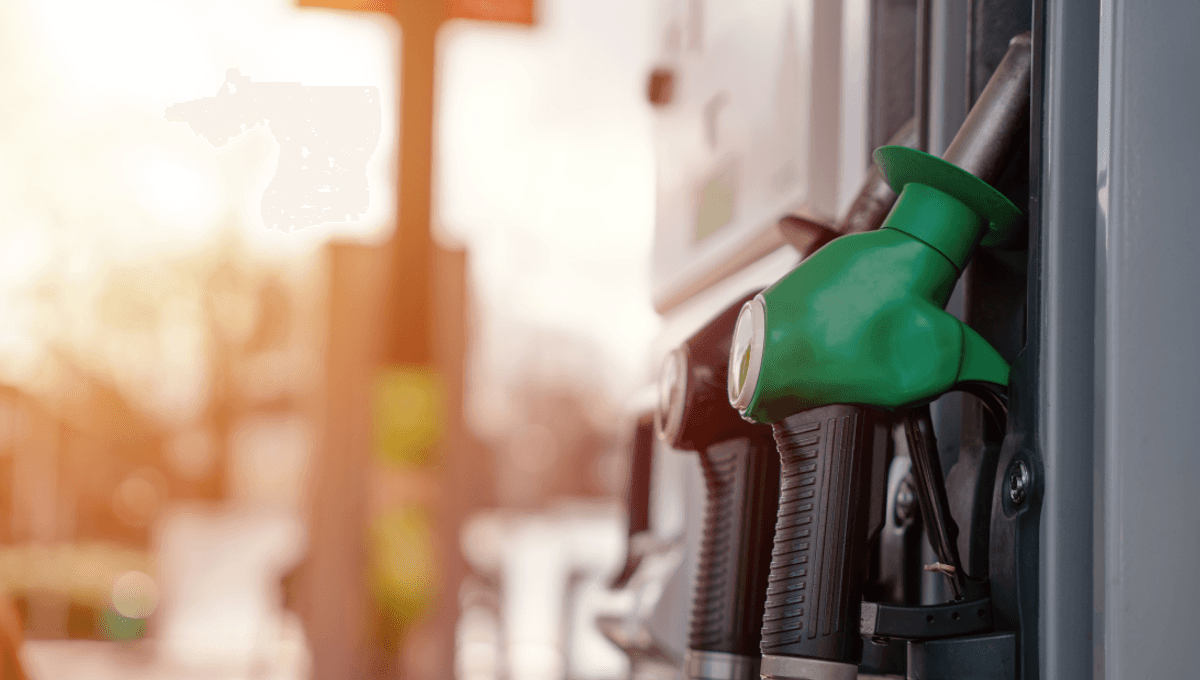
Anyone who has ever fueled their car has felt The Fear: did I just fill up with the diesel pump, or the gasoline? Get it wrong and you’re in big trouble, but why are these two fuels so different?
Both diesel and gasoline can be used in internal combustion engines, but they have distinct chemical compositions and properties that drastically alter how they should be ignited.
What’s the difference between diesel and gasoline?
Gasoline, better known to some as petrol, is a light fuel made up of short-chain hydrocarbons. It uses spark ignition, meaning the spark plug ignites the gasoline vapor to get things going. A gasoline-fueled engine does this by combining gasoline with air, compressing it, and then igniting it, creating a small, controlled explosion that generates the power needed to get the wheels turning. That cycle of ignition and explosion continues, sending your car on its merry way.
Diesel, on the other hand, is a heavier fuel made up of long-chain hydrocarbons. Rather than spark, it solely uses compression ignition, in which air is squished until it’s super-heated and ignites the diesel. Compressing air generates heat because the molecules that are constantly moving around end up with less and less space to move, making them move faster and faster. The kinetic energy raises the temperature until eventually it’s high enough to ignite the diesel and hey presto, you’re on the move.
It’s no secret that both gasoline and diesel engines produce harmful emissions, causing pollution that threatens public health and contributes to the worsening climate crisis. For this reason, governments around the world are beginning to contemplate or even implement bans on petrol and diesel cars by 2030-2040 in order to stop millions of their citizens from dying from air pollution-related illnesses.
Why can’t you put gasoline in a diesel engine?
The reason why you can’t put gasoline into a diesel engine, or vice versa, is that they have different combustion properties. Putting a fuel intended for compression ignition into a spark ignition engine results in misfires and improper combustion, and petrol is too volatile for diesel engines.
What should you do if you put the wrong fuel in your car?
If you accidentally put the wrong fuel in your car, the best thing to do is get a professional to drain the fuel out. Starting the engine with the wrong fuel in the car can seriously damage the engine, so you want to make sure all of the diesel or gasoline is gone before you switch it on. It’s better to get a professional to do it because you may need to replace filters to make sure the engine is completely rid of the incorrect fuel and nothing is contaminated.
And while we’re talking fuel, did you know that gasoline has a surprisingly short shelf life?
Source Link: What's The Difference Between Diesel And Gasoline?